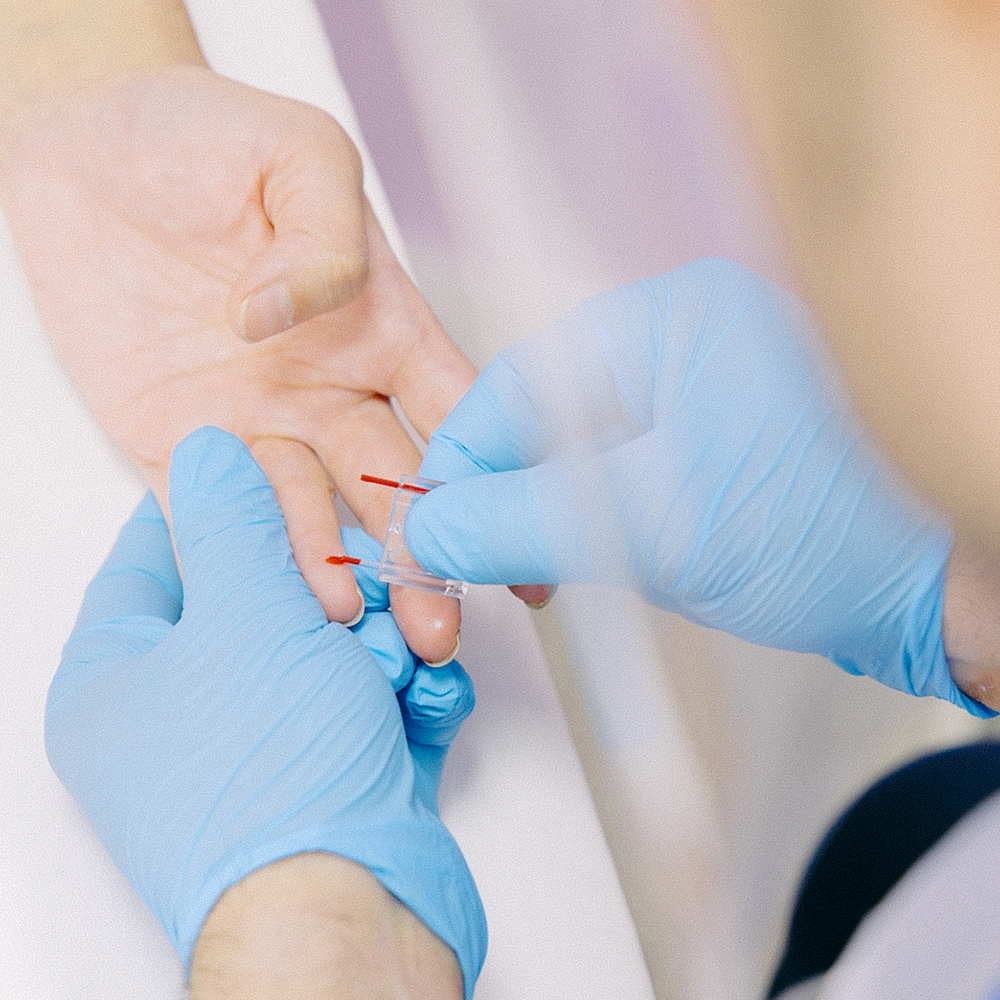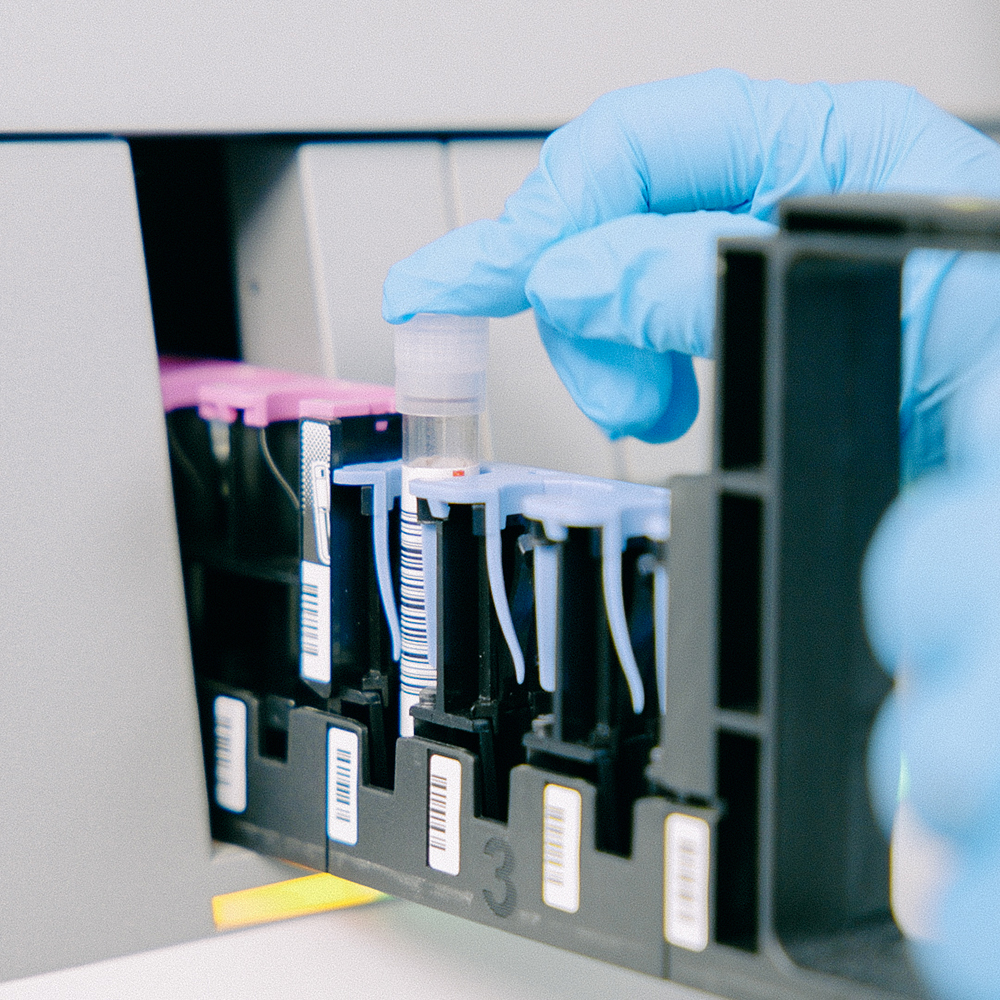Creatinine test
£60.00
-
Results within 24 hours
-
Blood draw included
What affects creatinine levels?
Creatinine works in relation to the amount of muscle mass a person has, if there is an indication of low creatinine levels, there is usually not a cause for concern. A lack of creatinine can be due to a variety of reasons such as decreased muscle mass, that is found in the elderly, or can periodically be found in advanced liver disease.
Moderate and low exercise is unlikely to impact the levels of creatinine in your blood, frequent exercise and particularly building muscle can marginally increase the creatinine that is created, but not to a level that can harm you.
Due to creatinine being in proportion to muscle mass, women tend to have a lower level of creatinine, although this is dependent on each person.
Why and when should a Creatinine test be taken?
Routine blood tests should include a creatinine test, it can be taken by order of your doctor if kidney problems are suspected, or as a precaution.
Symptoms that can point to kidney, liver, and muscle disease include:
- Fatigue
- Swelling
- Problems urinating
- High blood pressure
- Back pain below the ribs
What does the test result indicate?
If high levels of Creatinine are detected, this could indicate issues with the kidneys, and potentially diseases which will affect kidney function, levels of creatinine often increase temporarily after injury to muscles.
Increased creatinine levels can suggest:
- Kidney stones, prostate disease, and other urinary tract obstructions
- Reduced flow of blood to the kidney
- Cells in the kidney dying, which could be due to toxins or drugs
- Damage/Swelling of the blood vessels in the kidneys.






